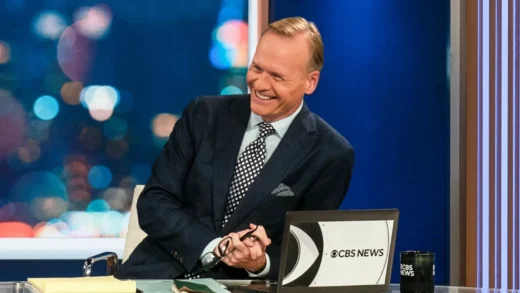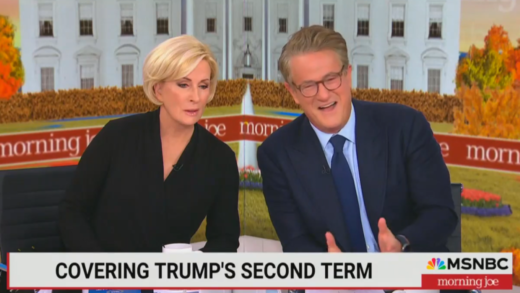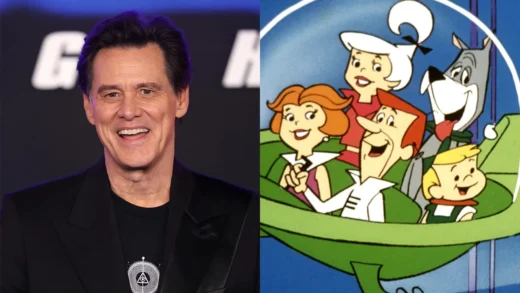This past weekend, the biggest concern facing film writers toiling away in the pop cultural discourse’s vast salt mines is the overwhelming fear that our critical skills have grown irrelevant in the face of Avengers: Infinity War, Marvel Studios’ latest superhero event. Stress on the word “biggest:” the sheer size of Infinity War — a film that pits the genocidal Titan Thanos (the characteristically impressive Josh Brolin) against a cast of almost a hundred, including the Guardians of the Galaxy, the Avengers, Black Panther, Spider-Man, and more — has left many reviewers feeling overwhelmed. Overcrowding and bloat are common concerns, as Washington City Paper‘s Alan Zilberman writes: “The biggest challenge facing screenwriters Christopher Markus and Stephen McFeely, along with directors Anthony and Joe Russo, is that there are so many characters it’s difficult to make sure they all get their due.”
Some critics argue that Infinity War’s more-is-more style is a superficial feint that over-compensates for a fundamental lack of appropriately bigger ideas. The New York Times‘ A.O. Scott notes “that the ascendance of Marvel (and of other, not quite as universal entities like it) has narrowed the parameters of criticism. I’m supposed to tell you, in this review, how much fun you’ll have at Infinity War. (Yes, you will have some. Will you have enough? Almost.) But I’ve probably already gone too far in trying to think about what it means.”
Other writers argue that the gigundo scope of Infinity War‘s narrative necessarily demands a bolder style, like RogerEbert.com’s Matt Zoller Seitz: “Infinity War faced so many challenges, many of them unique to this particular project, that it’s a small miracle that it works at all. On some level, it feels ungrateful to ask a movie that already does the impossible to do it with more panache. But what are superhero movies without panache really good for? If there was ever a moment to swing for the fences, it was this one.”
Fans of mainstream superhero comics know that none of these creative short-comings are unique to this specific project. If this is an imaginative crisis, it’s one that’s been brewing for decades, arguably ever since Marvel and DC Comics started making worlds-rending event titles their de rigeur business model following the success of formative titles like Marvel’s milestone 1973 Avengers/Defenders War crossover and DC’s oft-copied Crisis on Infinite Earths. Now, almost all of the Big Two’s mainstream superhero titles cross-over on a needlessly regular basis. Franchises continually reset with new first issues in a short-term-successful, long-term-harmful attempt at hooking new readers. And characters routinely betray each other, die meaningless deaths, and then resurrect in a matter of years, if not months. This is the fault of popular but vapid titles like Marvel’s Heroes Reborn — a ’90s title that rebooted the entire Marvel Universe for a hot second until God-like child Franklin Richards’s returned everything back to “normal” with a St. Elsewhere-style twist of fate — and Final Crisis, DC’s big, dumb 2005 title wherein a clone of Superboy goes berserk and tries bring order to the universe by killing untold imaginary secondary characters, thereby making him the only superhero left standing. Now, there is no room for closure or resolution in comics’ crisis-economics-intensive marketplace: there is only Infinity War.
One way that Marvel and the Russos have tried (and sometimes succeeded) to give viewers the impression that Infinity War is their biggest film yet is by filming their 160-minute spectacular with IMAX cameras. The Russos previously used IMAX cameras to film Captain America: Civil War‘s airport runway throwdown, a set piece which feels like a dry-run for Infinity War’s battle scenes. And Black Panther, Marvel’s biggest hit to date, was retro-fitted so that it could be screened in IMAX (ie: it wasn’t shot with IMAX cameras, but it was post-converted to the screen’s size and specifications). This is a welcome step in the right direction, though hardly a bold one given how often this bigger-lens/bigger-action mentality is often used in modern superhero comics.
(Excerpt) Read More in: The Hollywood Reporter




